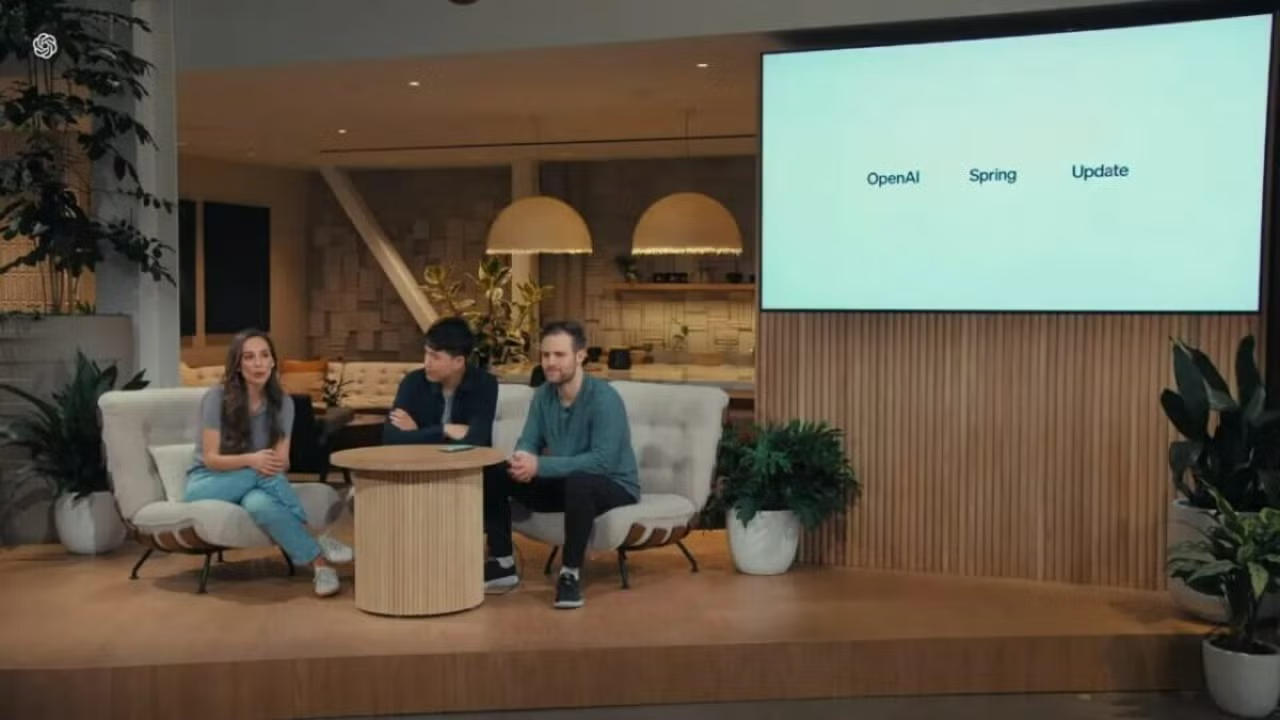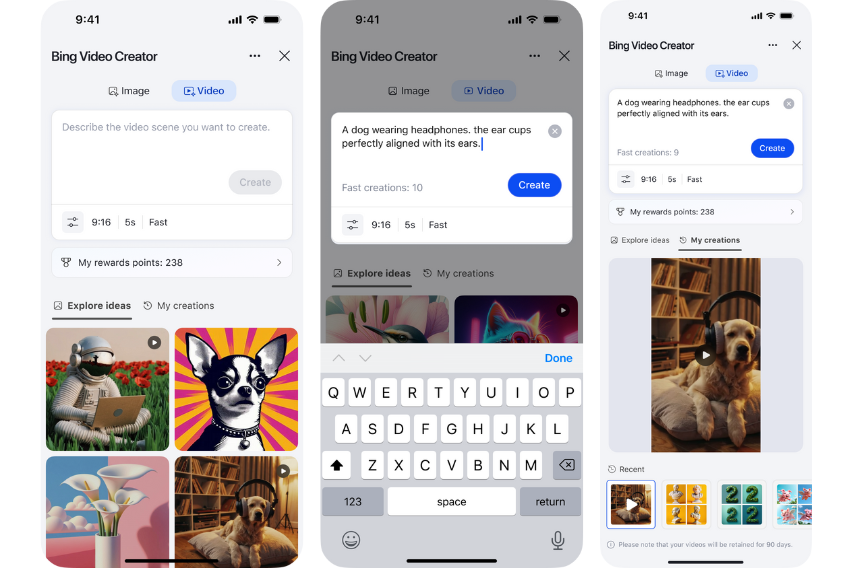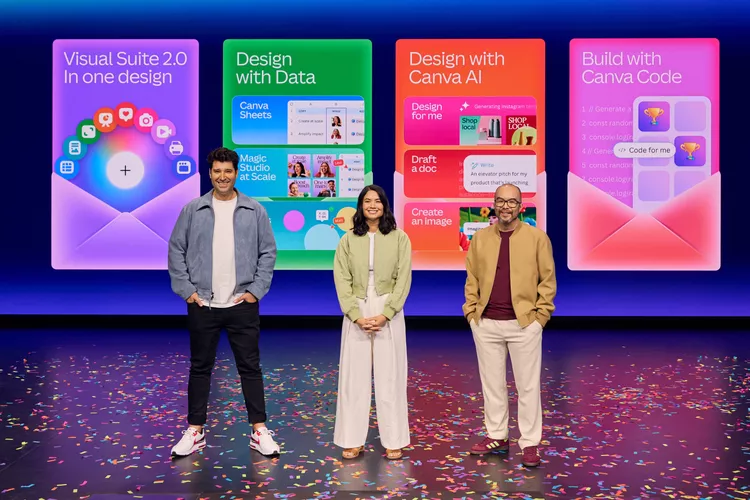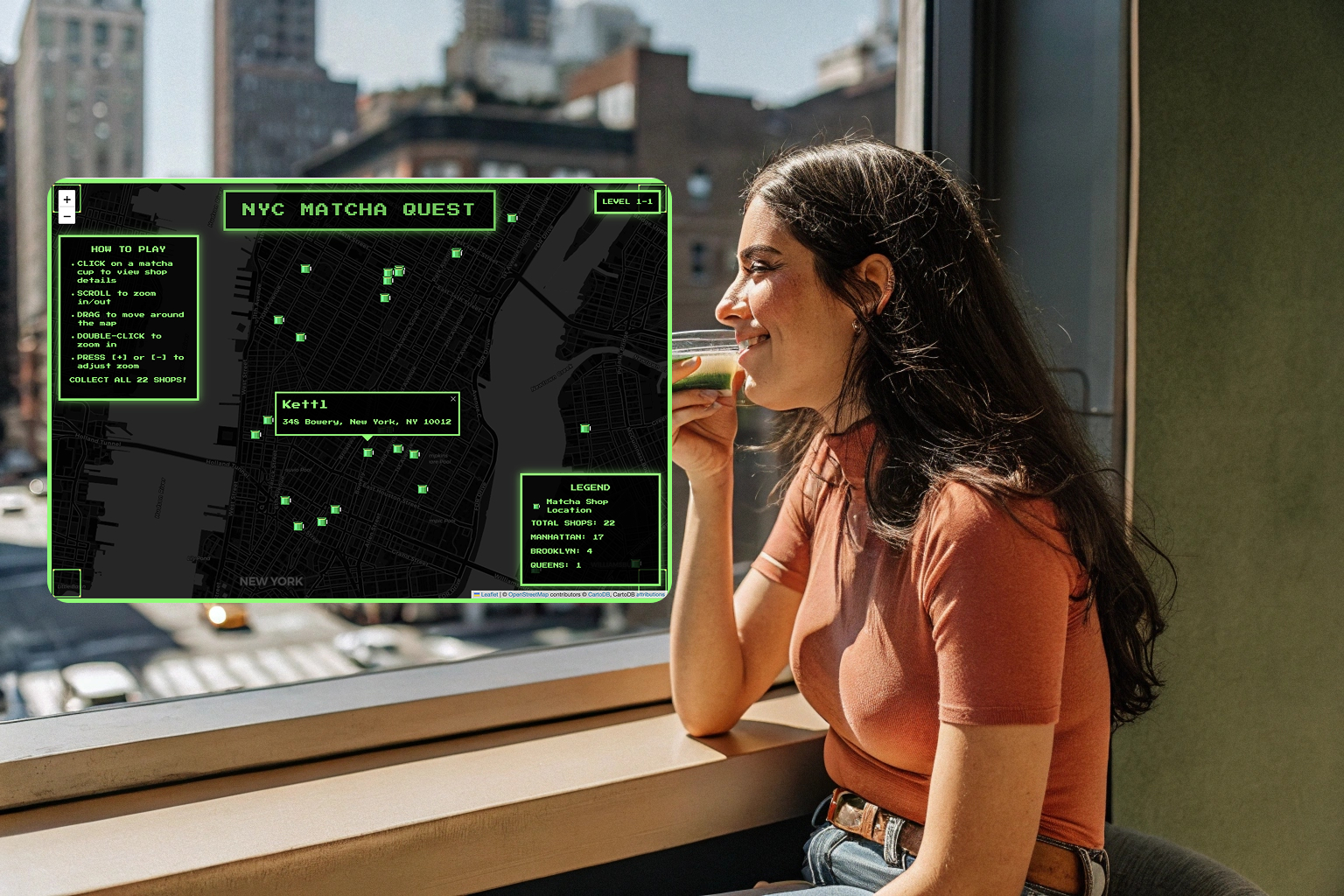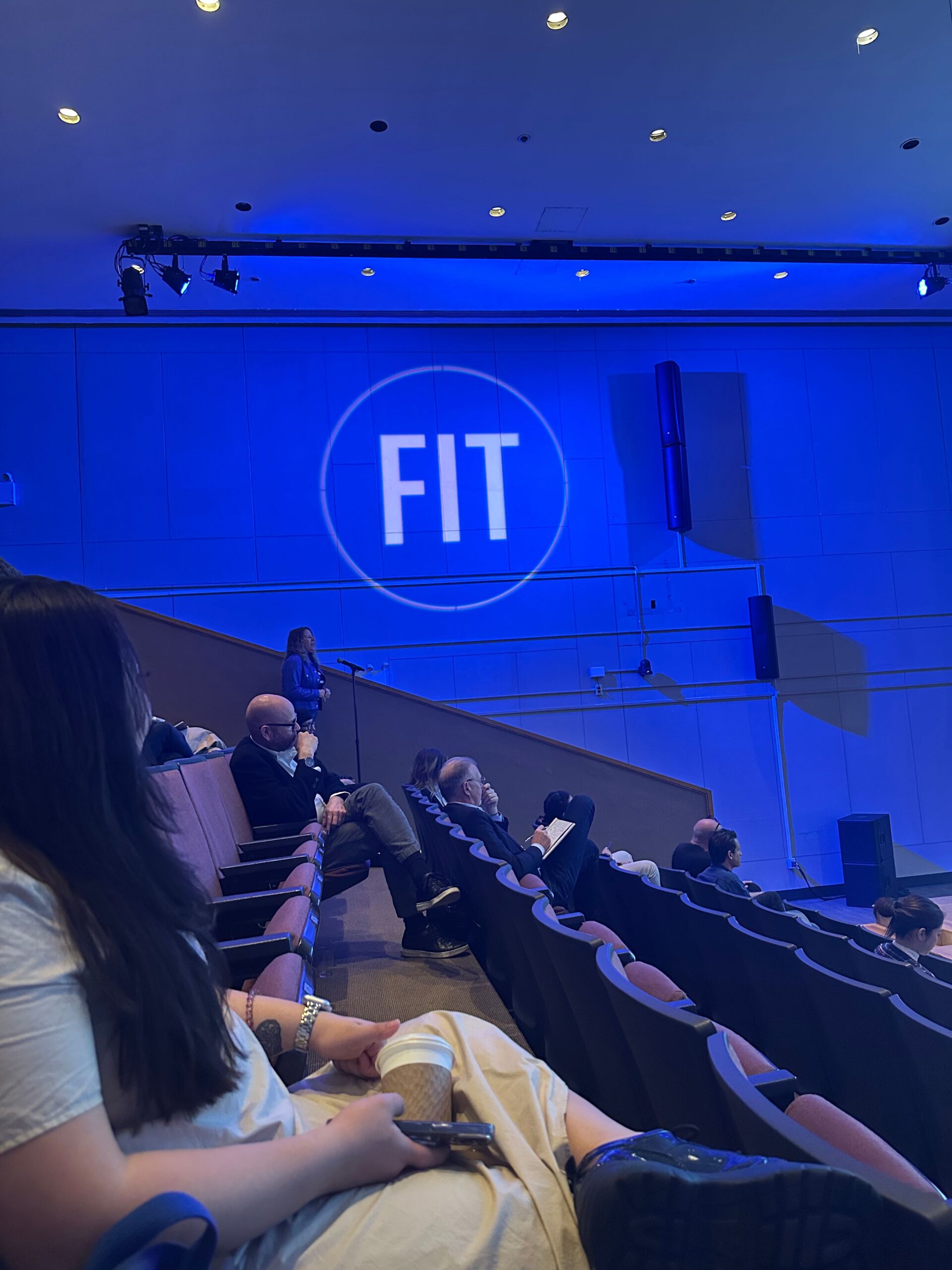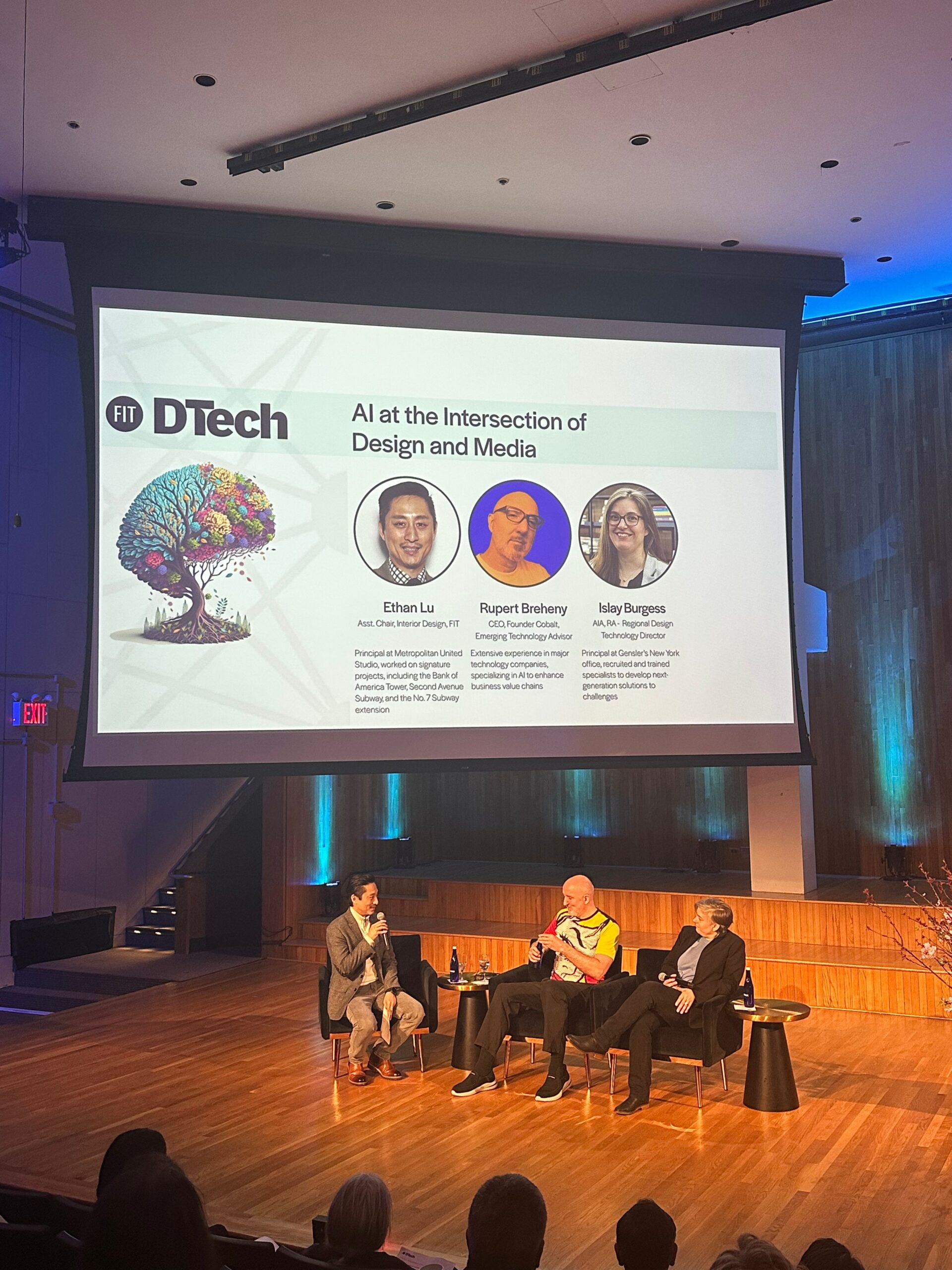
Collision is recognized as North America’s largest technology summit, drawing an impressive crowd of approximately 40,000 attendees. The atmosphere at the event is akin to stepping into a new world, offering an extraordinary journey through cutting-edge technology, groundbreaking innovations in artificial intelligence, a multitude of startups, and thought-provoking discussions.
This year’s Collision brought together 570 speakers, featuring influential figures like Aidan Gomez, co-founder and CEO of Cohere; AI pioneer Geoffrey Hinton; and former tennis champion turned entrepreneur Maria Sharapova. Here are a few key takeaways from the event that’s worth knowing:
Geoffrey Hinton

Often referred to as the “Godfather of AI,” addressed the critical relationship that humanity must cultivate with artificial intelligence as it continues to evolve. His insights are vital for understanding the future trajectory of AI development.
Maria Sharapova
discussed the intersection of technology and sports, emphasizing how these domains can foster closer relationships with users and create more personalized experiences in athletic engagement.
Keily Blair
CEO of OnlyFans, shared her expertise on effective brand-building strategies in the digital age, providing valuable lessons for entrepreneurs looking to establish their presence in competitive markets.
Aidan Gomez
Aidan Gomez, co-founder and CEO of Cohere emphasized the optimistic potential of artificial intelligence as a tool for augmenting human capabilities rather than displacing jobs. He noted that 2023 marked a “year of proof-of-concept” for AI, with many enterprises still exploring how to effectively leverage the technology to enhance productivity. While acknowledging concerns about safety and responsible development raised by experts like Geoffrey Hinton, Gomez expressed skepticism toward doomsday scenarios, asserting that significant advancements in AI do not inherently lead to catastrophic outcomes. His remarks underscored the importance of responsible implementation as AI continues to evolve.
Jonathan Ross
Jonathan Ross, founder and CEO of Groq discussed the transformative potential of AI and high-performance computing. He emphasized Groq’s mission to make AI accessible to everyone by addressing the significant computational demands of running AI models in production. Ross highlighted the rapid adoption of Groq’s technology, noting that their software-first architecture has enabled unprecedented growth, with over 280,000 developers joining the GroqCloud™ Developer Console platform in just four months. He expressed excitement over the swift uptake of their hardware, stating, “As far as we know, in terms of any developer takeoff, any new hardware platform adoption, this is about as fast as it gets.” Ross’s insights underscored Groq’s role in revolutionizing AI inference and its commitment to empowering developers with efficient tools for AI deployment.
Jesse Lyu
Jesse Lyu, founder and CEO of Rabbit addressed the challenges and successes of launching the company’s AI-powered personal assistant device, the R1. Despite facing initial criticism and technical issues, Lyu expressed confidence in the product’s potential, stating, “It’s been a rough early release… but as a startup, this is the best result we can get.” He emphasized Rabbit’s commitment to continuous improvement and innovation. Lyu also highlighted the impressive sales figures, noting that Rabbit has sold 130,000 units of the R1, far exceeding their initial expectation of 10,000. He defended the startup’s position in the competitive AI hardware market, arguing that critics often apply standards meant for larger companies to startups and that there is a genuine demand for new AI solutions beyond conventional smartphones.
From my experience, the Collision Summit felt like a crossroads of diverse ideas and ambitious visions. As I watched leaders and creators dive deep into the future of technology, it became clear that this is more than just a conference—it’s a space where innovations in AI and other emerging technologies are questioned, challenged, and refined. For anyone interested in shaping the next big thing in tech, this event feels like a necessary stop on the journey. It’s not just about what’s happening now; it’s about understanding where the world could be headed.
